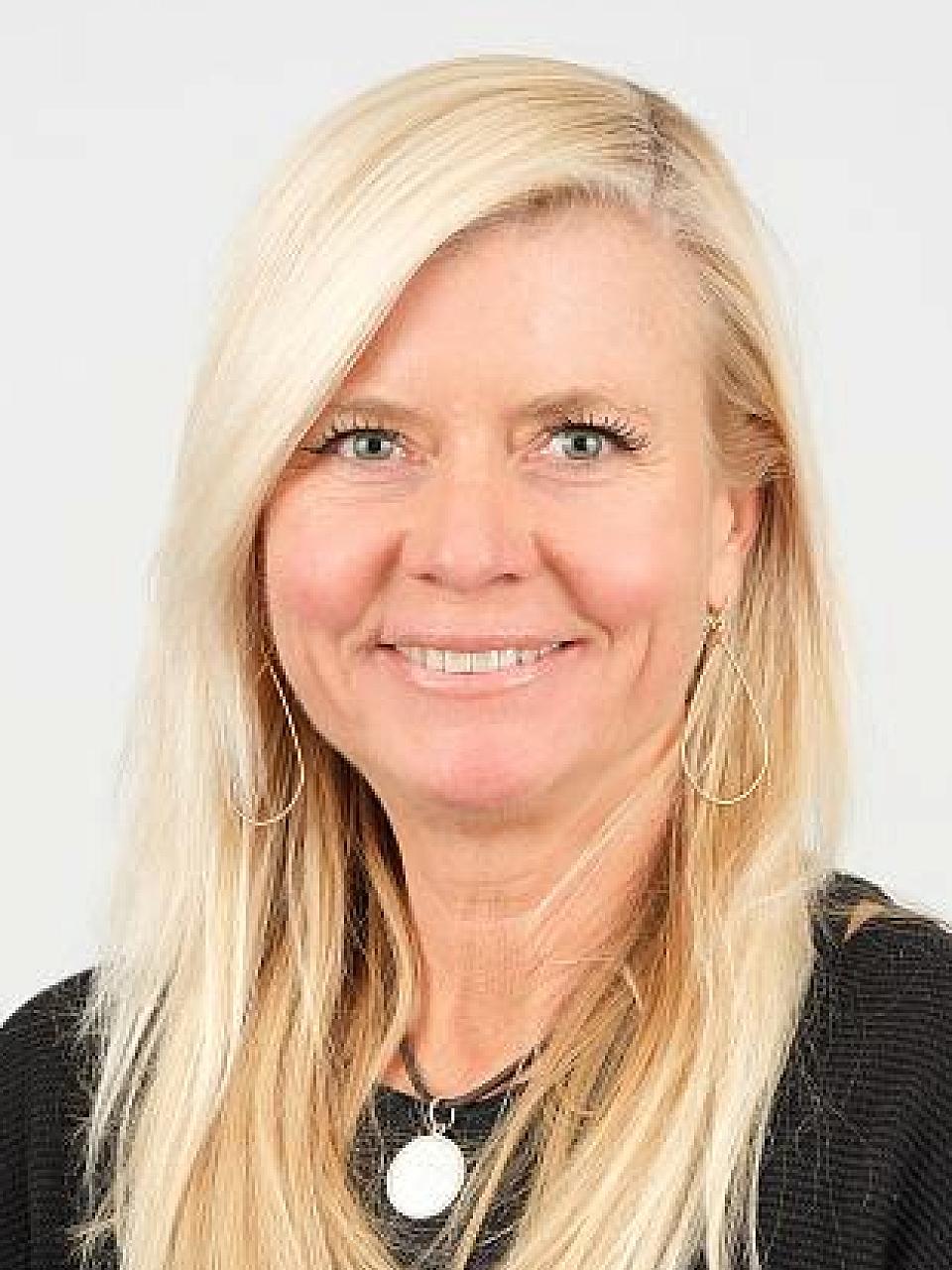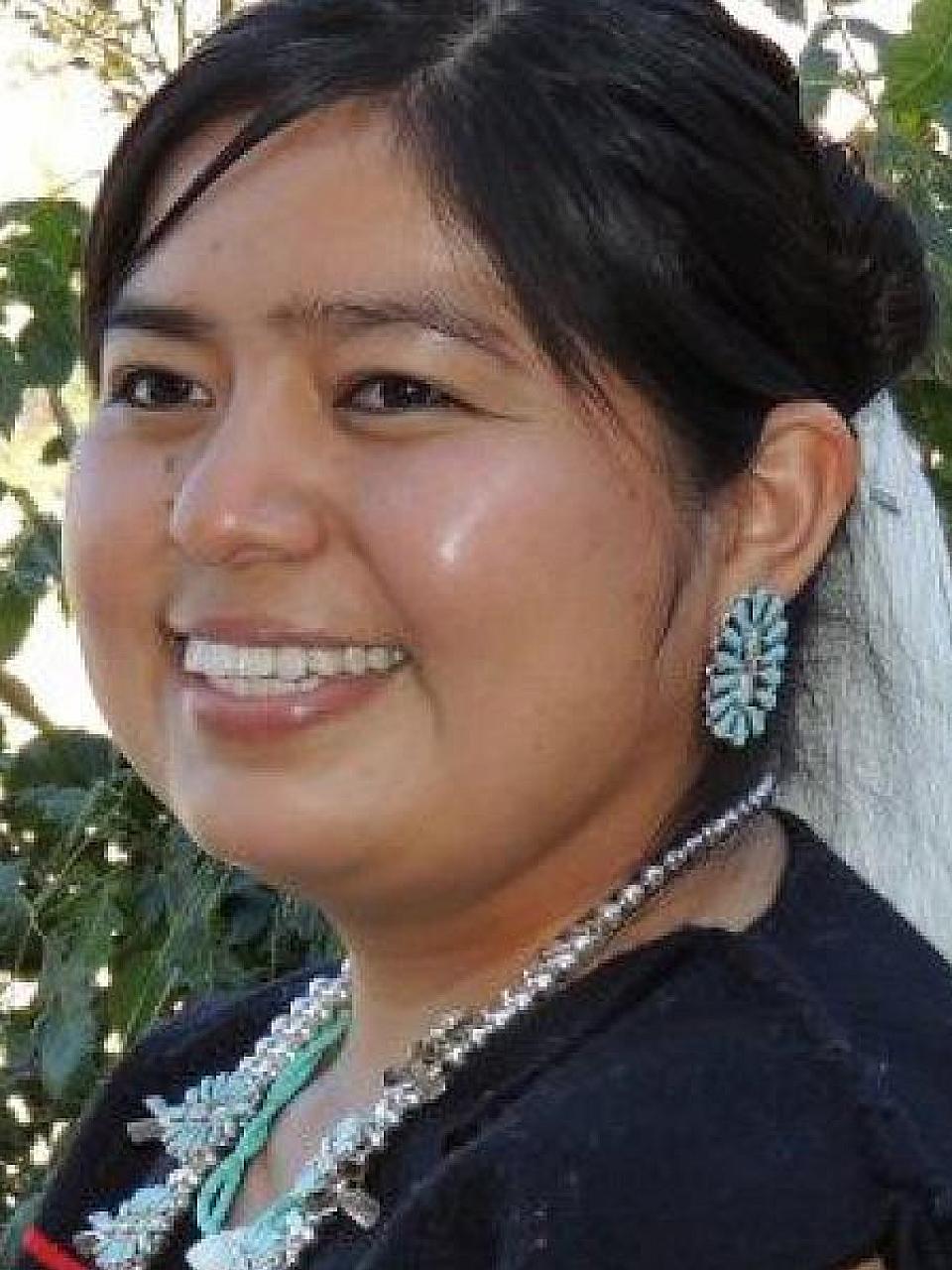Voices of U of U Health
Creating Dialogue, Establishing Connections to Improve Native and Rural Health Care
Jenna Murray’s journey toward healing—and becoming a healer—was featured in the Sundance-selected documentary “Winding Path.” Murray is an Eastern Shoshone MD-PhD student at the Spencer Fox Eccles School of Medicine at the University of Utah.
A public screening of the film was the springboard for a panel discussion about health care disparities in rural and Native American communities, the value of mentorship, and making meaningful connections.
We had the pleasure of joining Murray on stage for the discussion, along with maternal-fetal medicine professor Michelle Debbink, MD, PhD, and special guest Monica Bertagnolli, MD, director of the National Institutes of Health and U medical school alum.
Bertagnolli was the keynote speaker at the commencement ceremony for the U’s Class of 2024 medical school graduates. She graciously agreed to extend her stay to participate in the panel discussion.

Addressing Disparities in Rural, Native American Communities
“Unless you’ve lived in a rural community, you won’t understand it,” Bertagnolli said. “There are far spaces between people, and that gives a greater appreciation for the need to help each other, the need to reach out, the need to be there for each other.
Bertganolli is the first surgeon and second woman to be the director of the NIH. She’s deeply familiar with the rural West from her upbringing in Wyoming (not far from Jenna’s family ranch) and attending medical school in Utah.
Some communities in America are left out of so many things, Bertganolli explained. They are often bypassed in economic development, educational attainment, and adequate health care.
The same often holds true for Native American communities. Cultural and geographical separation often leaves Native populations without adequate health care.
“We have to do something about that,” Bertagnolli said. She added that the greatest calling in medicine is to help people live longer, healthier lives. “No one in Washington is going to figure out how to solve the problems of rural America. It’s got to be the people of rural America… It has to be us.”
That need was echoed by audience member Pierre Carricaburu, MD, who was a physician in the Veterans Administration on the Wind River Indian Reservation in Wyoming. While the VA spent $4,800 a year on care for veterans, the Indian Health Service only had $1,700 a year to care for Native Americans on the reservation.
“That is a disparity that needs to change,” Carricaburu said.
Being There for Each Other
In Utah, we’re being proactive. Programs like U of U Health’s Native American Research Internship program (NARI) are bridging existing gaps in health access.
That’s why health care and public health professionals who come from within affected communities are so important.
NARI is one step in forging those connections. NARI is a summer internship for Native American and Alaska Native undergraduate students. Students can take part in biomedical and health science research while also receiving career and cultural mentoring.
The goal is to make a difference through research and study. Another goal is to develop a generation of health leaders—like Jenna Murray—who can serve Native American and rural communities.
Murray, a former NARI intern, now serves as a mentor for the program. “It changed my life,” she told the crowd. “It gave me so much.”

Murray’s story is unique, and so is each story of the nearly 200 students who have completed the NARI program.
We always tell students, “Yes, you’re here, you made it, but now you’ve got to do the work.” And they do the work: In its history, NARI has a 100% completion rate. No student has dropped out.
Mentorship is a key ingredient to student success. Cultural mentors help students know they are not alone. Students have a person with similar lived experiences they can talk to.
Bertagnolli emphasized programs like NARI go far beyond teaching Indigenous students about science and medicine. “We are receiving so much more from them,” she said. “It really is an equal relationship.”
Working with Indigenous students and other communities teaches us and our trainees how to provide culturally competent care.
Collaborating for Community Health
U of U Health is eager to improve public health, Debbink explained. But that can't come across as “We, here at the University of Utah, are up on the hill and we know what you need.”
Instead, respectful, culturally proficient collaboration is key.
“We have to walk into a place and say, ‘What do you need?’” Bertagnolli added. “That’s what I mean by community.”
U of U Health is currently working with Sacred Circle, the medical care for the Confederated Tribes of the Goshute, to develop an understanding of how they can work together on research and data. They’re moving forward with mutually beneficial approaches, Debbink said.
“Sacred Circle's team is already teaching us so much,” she continued. “They are doing such amazing work in substance use disorder and really are leading the way in that arena. It’s been a great journey toward developing something I hope will build a foundation for other collaborations in the future."

